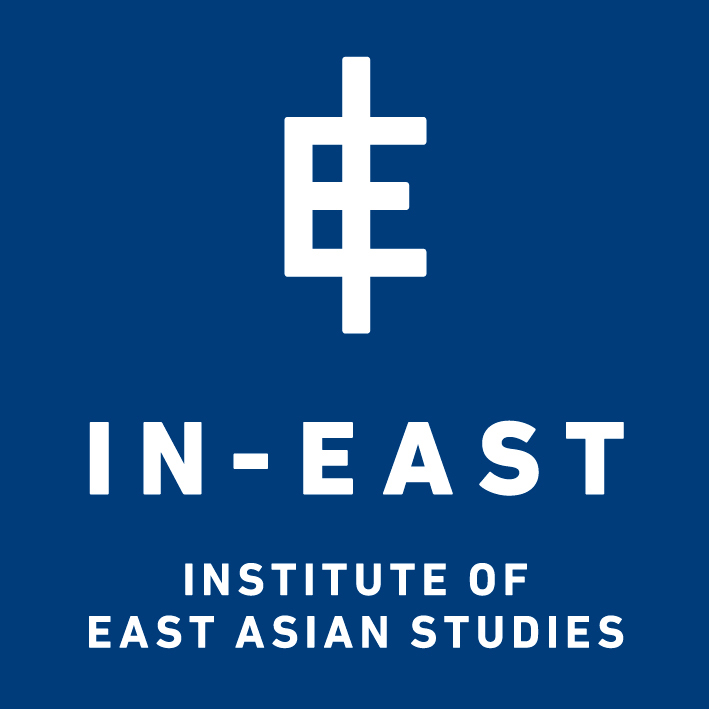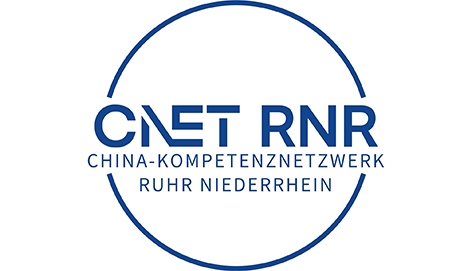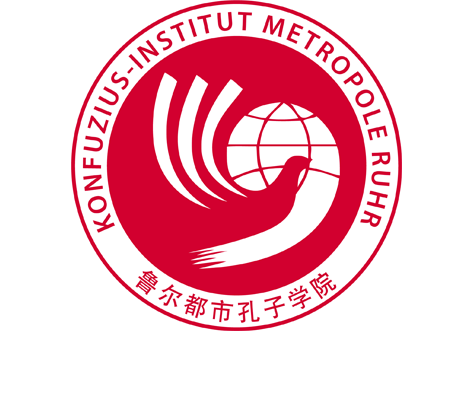IN-EAST News
15.11.2016 - 14:00
Guest Lecture by Muhamed Kudic
Lecture Titel: "The Effects of Entrepreneurial Activities on Knowledge Diffusion Efficiency in Regional Innovation Systems - Ex-ante policy evaluation using the VISIBLE simulation model"
The IN-EAST School of Advanced Studies is pleased to announce that Muhamed Kudic, scientific project leader "Statistical Analysis" and "Interdisciplinary Innovation Research" at Stifterverband, Essen, is going to visit the IN-EAST School of Advanced Studies.
The Effects of Entrepreneurial Activities on Knowledge Diffusion Efficiency in Regional Innovation Systems
Ex-ante policy evaluation using the VISIBLE simulation model
Date: Tuesday, November 15, 2016
Time: 14:00 -16:00
Venue: Building SG, Room SG 183
Geibelstraße 41, Duisburg
Abstract
Knowledge diffusion in regional innovation systems is considered as a necessary prerequisite to spur innovation and economic performance of the actors involved. The conditions under which actors exchange knowledge in an efficient way are still not fully understood. In this paper we apply an agent-based simulation approach to answer the following two research questions: first, how can a decision maker ensure that investments in knowledge acquisition and competence development are effective? Second, how do entrepreneurial activities in a regional innovation system affect knowledge diffusion efficiency? Preliminary simulation results show that very specific and one-dimensional knowledge acquisitions strategies can have major drawbacks, especially in the long run. The particular characteristics of knowledge necessitate a well-balanced strategy acknowledging a mix of different knowledge sources to foster innovation and knowledge creation. In this context, our results show the importance of tailored policy measures
While there is considerable experience accumulated in the field of innovation policy in developed economies, much of this is not directly applicable to developing countries due to the nature of the characteristics these countries have. The situation is rendered more complicated because the “developing world” presents very diverse situations in terms of levels of development, culture, institution etc. The lecture tries to discuss the nature of innovation in developing countries and the potential synergistic effects which exist or might emerge among different aspects during the innovation process.
Authors
Muhamed Kudic (University of Bremen)
Matthias Mueller (University of Hohenheim)
Andreas Pyka (University of Hohenheim)











